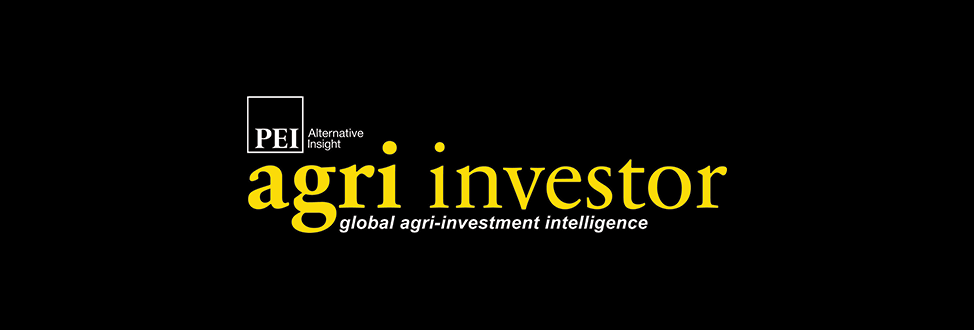Blue Harvest closes sixth Danish farm investment – exclusive
by Clare Pennington on 8 APRIL 2016 in Deals, News & Analysis
Switzerland-based wealth management firm Blue Harvest has completed its sixth investment in Danish farmland, about four years after launching its agricultural investment strategy.
The Danish agriculture-focused firm’s clients are high net worth individuals from the UK and Ireland, who have recognized an ongoing pricing opportunity in Danish agriculture, according to the firm’s chief executive Jens Ohnemus. With 700 acres of farmland purchased and!”120 million in the pipeline, assets include pig farms with a collective capacity of 9,000 heads.
Ohnemus explained that Blue Harvest targets Danish farmland because of two upsides: low risk and attractive prices.
“Due to the banking crisis, since 2007 prices are down 40 to 50 percent, meaning we are buying farms at very attractive levels,” he said, adding good arable land was available for DKr60,000 ($9,187; €8,044) an acre. He added Danish arable land is about half the price of equivalent properties in the UK’s East Anglia.
Ian Monks, head of rural at UK real-estate agent Bidwells, confirmed the estimate. He added comparing Denmark,
Germany and the UK as similarly attractive European investment destinations is not unusual, and many Danish farmers bought farmland in the UK before 2007 when pricing for arable land was more competitive there.
“Denmark is different to the UK and Germany, in that we’ve seen a turnaround relative to the UK in the last 10 years,” Monks added. “UK values went up considerably between 2007 and 2012. In Denmark [in 2007] the banks were charging higher interest rates and had much stronger controls. It was more difficult to borrow and there were some fore[closure] sales in Denmark, which caused values to drop. In the UK banks were much friendlier towards farmers because it was seen as a safe bet.”
Monks added profitability in the Danish agricultural sector is now exceptionally strong, given lower prices and comparatively good profits there. However, he said very large scale farms might be harder to access in Denmark than in the UK or eastern Germany.
Ohnemus said interest in Blue Harvest’s agricultural strategy is growing among European banks and pension funds, as well as Swiss, Latin American and Dutch high net worth investors.
As a European Union member with its own currency pegged to the Euro, Ohnemus said Denmark had a general appeal as an investment destination.
“We can imagine that investors could take advantage of any collapse in the euro by rushing into a safe-haven currency, just like when the Swiss franc appreciated against the euro and other currencies,” said Ohnemus.
He added that his firm will also begin targeting organic farming to capture premium prices as it follows a sustainable farming strategy. Blue Harvest regularly tests soil health and sources nearly 50 percent of their energy from alternatives like wind farms.
“Sustainable farming is not only about the environment, it is also a way of de-risking the project. A lot of these sustainability investments are also subsidised by the government and other sources,” said Ohnemus, adding that Blue Harvest would target pig farms as the first stage of their organic strategy because it offers the best immediate opportunity.
“We are looking into organic pork and dairy production, but we haven’t acquired anything so far. If you want to transform your existing [arable] farm to an organic farm, it often takes between two or three years to get the official stamp. But it is the future and that is where we want to go for sure.” He said one 300-hectare property could be added to the portfolio in a matter of weeks.



